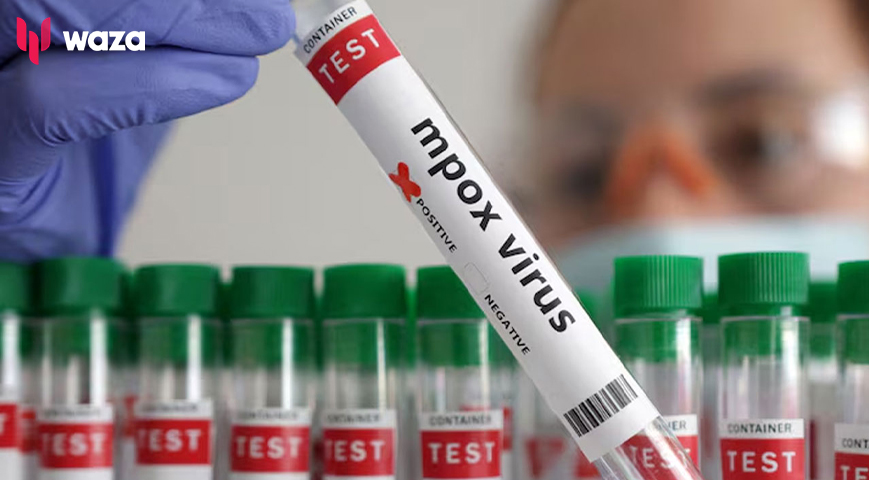Kenya is stepping up its preparedness and response efforts to tackle Mpox, following the confirmation of five positive cases. During a tour of the Llasit border post in Loitoktok and the Namanga One-Stop Border Point in Kajiado County, Public Health Principal Secretary Mary Muthoni announced increased screening and response measures, particularly at the country's entry points, to prevent further spread.
“So far, we have screened over 800,000 individuals, including travelers, across all entry points, and sent 150 samples to our national laboratories. Out of these, 143 have tested negative, while two results are still pending,” Muthoni said.
The Ministry of Health has launched a National Mpox Preparedness and Response Plan aimed at coordinating public health actions to stop the virus's spread in Kenya and minimize the risk of importation from neighboring countries experiencing outbreaks, including Uganda, the Democratic Republic of Congo, Burundi, and Rwanda.

Did you read this?
The plan, which is divided into three response levels, is estimated to cost taxpayers Ksh. 6.7 billion. Local containment efforts will receive Ksh. 1.7 billion for community-based surveillance, health worker training, provision of PPE, sanitation supplies, enhanced screening, and temporary isolation facilities.
To control regional spread across fewer than five counties, Ksh. 2.3 billion has been allocated, with Ksh. 941 million dedicated to training health workers. National spread control, involving five or more counties, is budgeted at Ksh. 2.6 billion, which includes Ksh. 191 million for healthcare worker sensitization, Ksh. 90 million for contact tracing, Ksh. 500 million for infection prevention, and Ksh. 159 million for lab support.
The plan, signed by PS Muthoni and Acting Director General for Health Dr. Sultani Matendechero, identifies high-risk areas such as Busia, Bungoma, Kisumu, Eldoret, Nakuru, Nairobi, and Mombasa, which are key routes from Uganda to the coast. Cross-border movement in these counties is seen as a significant threat.

Muthoni emphasized the importance of risk communication, stating, "We have enhanced our communication efforts, and every traveler must be screened at the port authority."
The Ministry of Health is collaborating with county governments and other agencies to boost preparedness at all border points.









